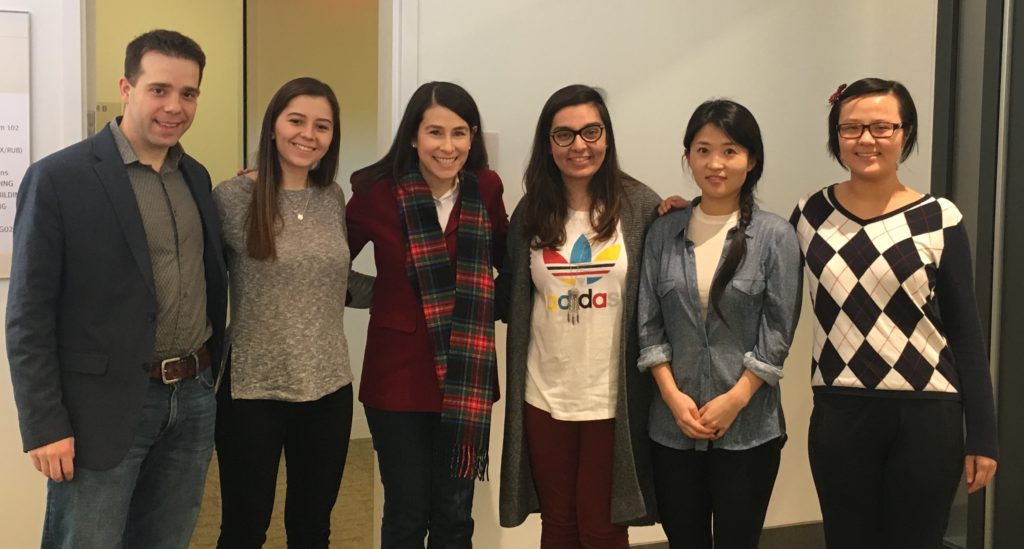TEACHING
Course offered three times per year
Program Director: Laura Bussa
Course description
Wise judgment and effective decision-making have always been essential skills for leaders across all professional settings. Today, leaders have access to mountains of data from myriad sources. The question is, how can they leverage this abundance of information to make smarter decisions?
Leadership Decision Making features hands-on learning experiences that help leaders improve decision analysis and leadership effectiveness.
Learn more about LDM on the Harvard Kennedy School Executive Education website.
Spring 2018 Syllabus
Course Description
Organizational leaders make decisions involving risk and uncertainty every day. Who should our organization hire? Should we choose the gamble or the sure thing? How should we structure accountability systems? How do we avoid operating out of fear? But a leader’s impact only goes so far unless s/he takes steps to engineer optimal decision environments for the organization as a whole. By gaining an understanding of fundamental mind-brain-behavior relationships in judgment and decision making, you will become better able to design decision environments that make everyone smarter – i.e., less susceptible to common errors and biases. Taking this course will not tell you what to choose, but it will give you frameworks that reveal how to choose and how to structure optimal decision environments. Specifically, course topics will include (a) fundamental mental processes in perception, memory, and context dependence; (b) how questions affect answers; (c) models of decision making; (d) heuristics and biases; (e) social and group influences; (f) common traps; and (g) debiasing techniques. We will also discuss emotional influences on decision making. The lectures and discussions will be coordinated to complement weekly readings, which draw from psychology, behavioral economics, and neuroscience.
Throughout the course, the overarching goals are to: (1) Learn about the academic field of behavioral decision making, its major theories, results, and debates. (2) Become a critical consumer of research findings, learning methodological standards for evaluating the soundness of empirical studies. (3) Develop the ability to effectively write and speak about behavioral science theories, results, and debates. (4) Acquire practical skills for improving your own judgments and decisions. (5) Acquire knowledge of which biases individuals can fix with training/knowledge and which biases individuals cannot fix unless leaders engage in institutional design (e.g., nudges). (6) Develop a capstone project in which you apply the material in a way that will improve professional decision making processes. Possible applications to legal process, government institutions, medical settings, public health, education, finance and other domains abound.
 Professor Lerner with some of her MLD 301 students (2019): (from left to right) Mel, Arianna, Haifa, Shijir, and Jazz
Professor Lerner with some of her MLD 301 students (2019): (from left to right) Mel, Arianna, Haifa, Shijir, and Jazz
- MLD-302: Reason, Passion and Policy-Making
- UN Leaders Programme
- Senior Executives in State and Local Government
- National Security Fellows
- Trust, Emotion, Ethics, and Morality in Decision Making and Negotiation
- Risk Communication
- Taiwan Executive Program
- Changing the Game: Negotiation and Competitive Decision Making
- Judgment and Decision Making
- Advanced Topics in Emotion and Decision Making
- Accountability and Human Performance
- Reason, Passion, and Social Cognition

Professor Lerner with Harvard Men’s Basketball Head Coach Mr. Tommy Amaker, invited guest speaker on leadership
Leadership Decision Making, November 2015
